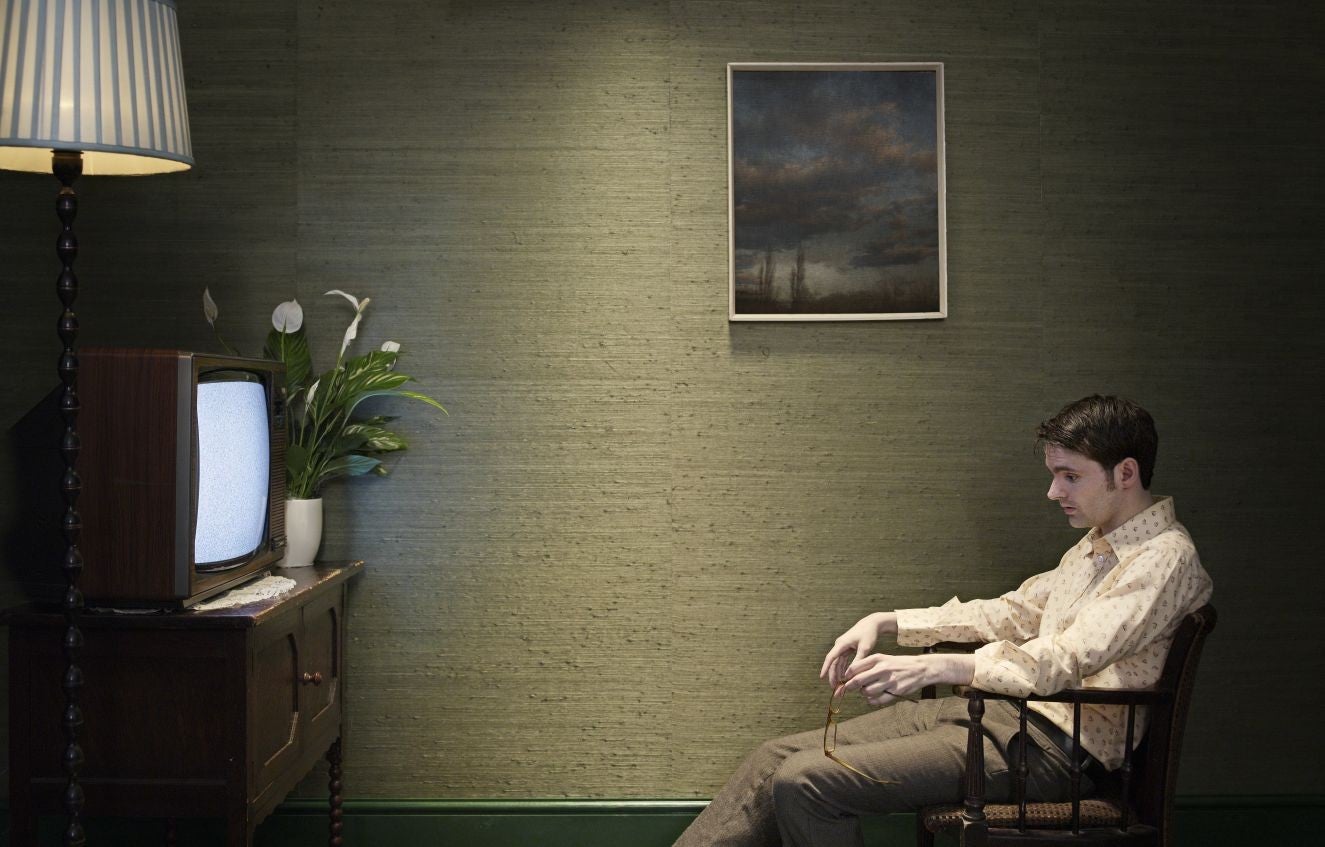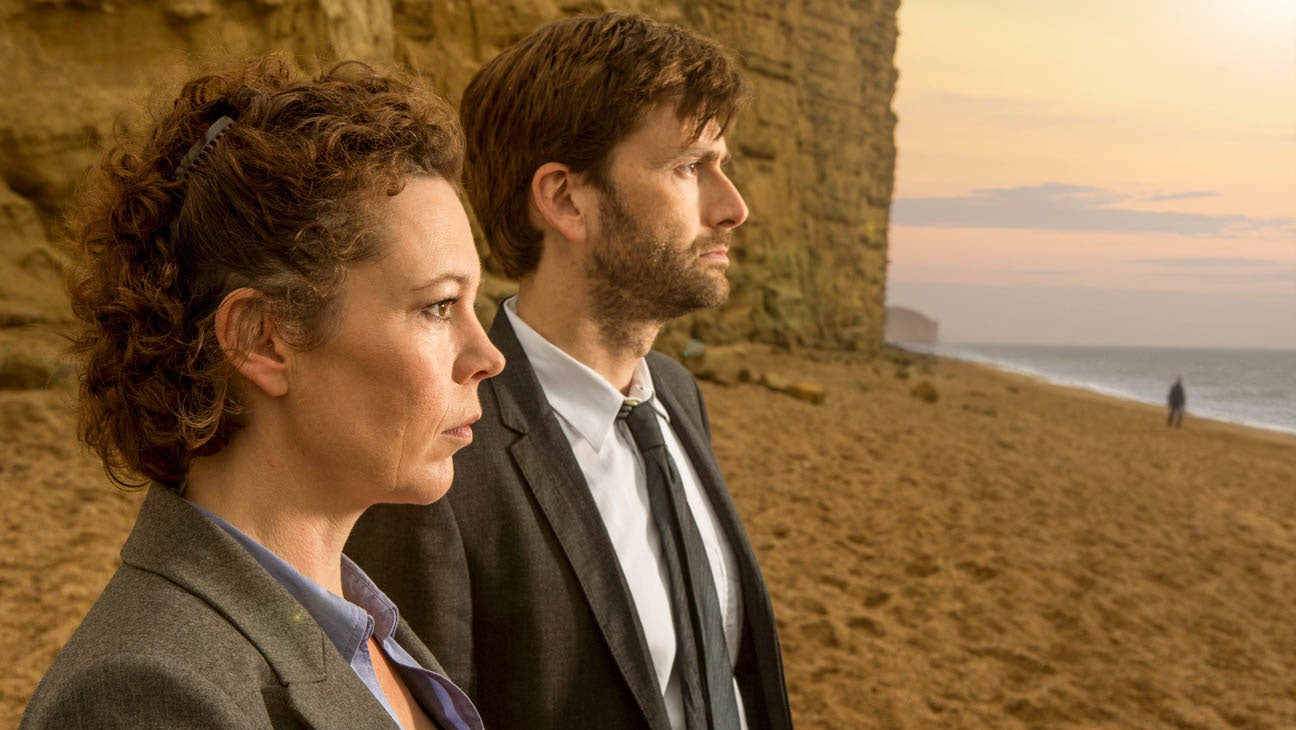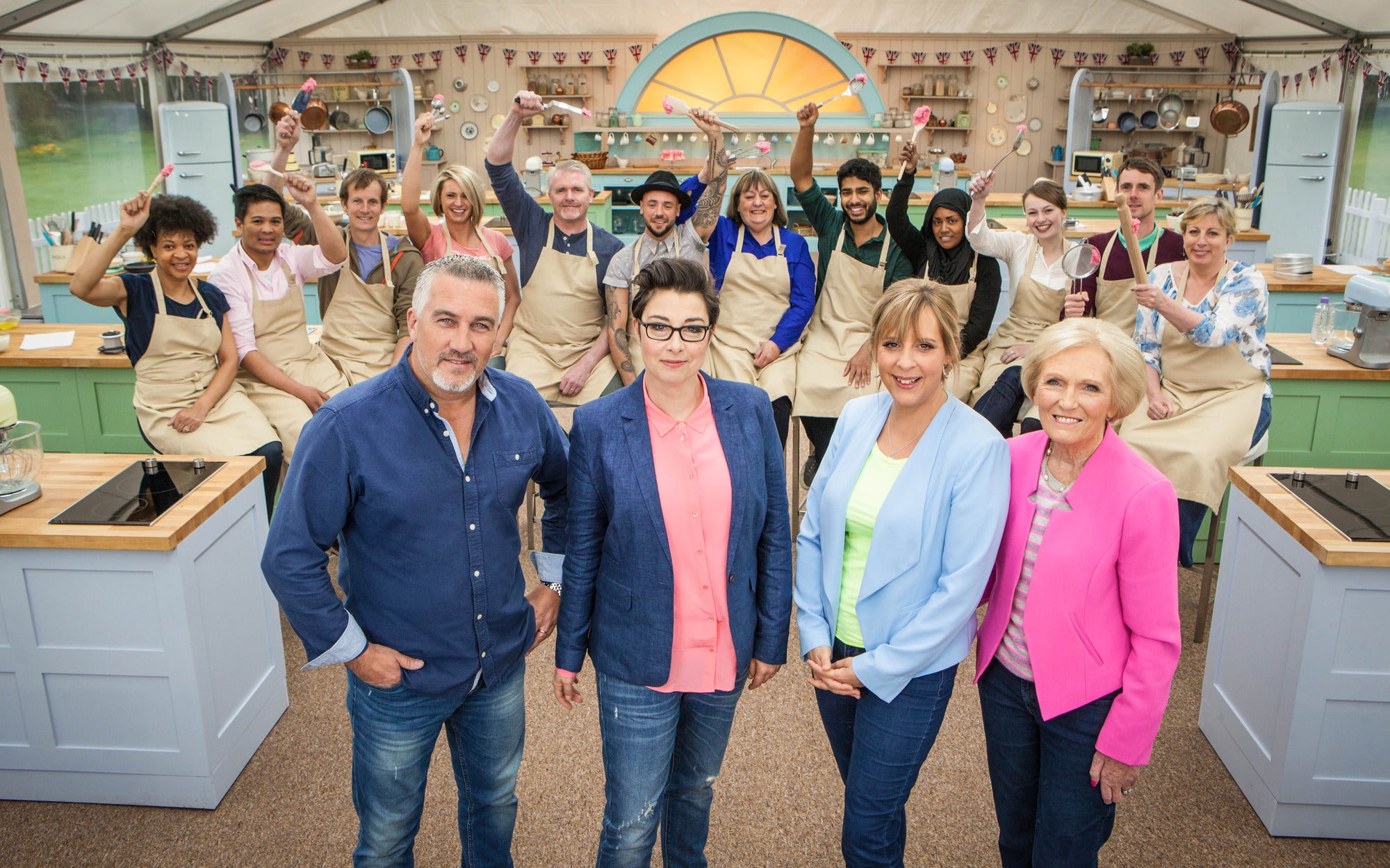Why has mainstream TV lost its nerve?
With terrestrial channels plunging downmarket, culture is being pushed to the margins and the best television comes courtesy of satellite and cable

For at least a fortnight now the media has been aflame with appraisals of this year’s cultural highlights, its artistic triumphs, its also-rans and, regrettably – for one must be even-handed about these things – its unmitigated turkeys. Here, for what the exercise is worth, is my own selection of arts world “best-ofs”.
Best book: Sarah Knights’ lavish biography of that old Bloomsbury roué David Garnett. Best film: a toss-up between the Brian Wilson biopic, Love and Mercy, and Julien Temple’s The Ecstasy of Wilko Johnson. Best album: dead heat again between Kurt Vile’s eerie stoner epic B’lieve I’m Goin Down, and Courtney Barnett’s engagingly raucous Sometimes I Sit and Think, and Sometimes I Just Sit. Best TV show… you will have to excuse me while I go off to scratch my head.
What did this middle-aged, culturally attuned (or so we hope) father of three watch on the small screen, with or without others in his family, in 2015? Well, about 250 reruns of The Simpsons on Channel 4, together with endless BBC4 music programmes featuring pop artists from the 1960s and 1970s winched up arrestingly out of the vault. Match of the Day. A solitary episode of Peep Show. And, in the field of drama: The Bridge, recently concluded on BBC4; the Danish historical extravaganza 1864 (ditto); and the final tranche of Mad Men, mournfully lingered over, as it happens, on DVD six months later, rather than on its original Sky Arts platform.

Extra piquancy was added to these deliberations by last week’s roster of the most-watched TV shows of the year. Pride of place, it scarcely needs to be said, was occupied by The Great British Bake Off (BBC1) with just over 15 million viewers, followed by Britain’s Got Talent (ITV) with 12.8 million. Strictly Come Dancing (11.9 million) rolled in third, a few hundred thousand in front of the ever-reliable EastEnders. Bringing up the rear were the second series of Broadchurch (ITV, 10.9 million) and BBC1’s Call The Midwife (10.7 million). TV, as one of the US cast members of Martin Amis’s The Moronic Inferno might say, don’t you just love it?
Well no, actually. For what united this sextet of crowd-pleasing national favourites? Alas, from my own admittedly partial point of view, the fact that, with the exception of Broadchurch (not bad, but not a patch on the first series), I hadn’t watched any of them. Not only hadn’t I watched them, but I would not have entered a room in which they were being shown unless driven there at sword point. Which, in terms of audience response to something that presumably categorises itself as popular art, is fair enough. The public has spoken and you, not sharing their preferences, are perfectly entitled to go and watch something else. To which I might reasonably reply that I am a licence-payer and, in this capacity, presumably entitled to have one or two of my cultural antennae tweaked in the same way as the people who enjoy cookery shows.

Arguments about the quality of what gets broadcast on the small screen are, naturally, as old as the small screen itself. To read some of the early reviews of what The Observer’s TV critic Maurice Richardson used to call the “idiot’s lantern” is to uncover a tidal wave of Olympian disdain pouring down over the head of the ordinary and (so the argument ran) all-too-easily-satisfied viewer in his, or her, front room. When, in the 1990s and 2000s, TV began to expand from its terrestrial base into cable and satellite, the descendants of the critics who had made these primal judgements could be found labouring a point that, 40 years before, Kingsley Amis had made about the number of students encouraged to enter higher education – that more invariably means worse. In this case, the proliferation of channels needed more talent and more money than could possibly be available. Most of the avalanche of TV about to roll towards us would, it was confidently predicted, be dire in the extreme.
Curiously enough, this hasn’t happened. TV, much of the evidence suggests, is in pretty good shape. On the other hand, much of the TV that seems to be in pretty good shape, isn’t being beamed out by the UK’s terrestrial channels. No, it comes from Netflix or Amazon, courtesy of American or European cable boutiques, under whose ministrations it acquires a sophistication and pizzazz that the BBC and ITV invariably shy away from for fear of offending their core audiences, who – or so the former’s executives seem to believe – are in permanent thrall to the anodyne.
Here, for example, is a BBC2 evening schedule plucked at random from the middle of last week. It begins with a quiz show hosted by Jeremy Vine, before moving on to Strictly Come Dancing – It Takes Two and an old Ronnie Barker clips compilation. There follows a two-hour stretch of cookery (Masterchef: The Professionals and The Great British Bake Off Christmas Masterclass), and then another clips compilation, this time involving Russell Howard. Surely, Newsnight, at 10.30pm, has its attractions, but by this time the average viewer, if he or she hasn’t died of boredom, will have gone out to walk the dog or read a book – anything rather than wade through this swamp of undemanding treacle.
No doubt this is a snobbish complaint, to which the response of the viewer who enjoys the umpteenth reprise of Ronnie Barker doing his stuff at the time of the second Wilson administration will probably be: if you dislike this kind of entertainment so much, why don’t you go off and watch BBC4? To which my reply would be that BBC4 is full of good stuff but chronically underfunded; that it is intended to fulfil the role that BBC2 undertook in the 1970s, only on a third of the budget. Upper-middle-brow culture has been so ghettoised under Tony Hall and his predecessors that about all we can hope for is The Bridge and multiple sightings of Lucy Worsley over on a channel that has sufficient funds only to operate for eight or so hours a day.
The universalism that critics used to attribute to the mainstream BBC back in the days of a truly mass audience was probably a chimera. So is the idea that bygone mass audiences would put up with upmarket material on the grounds that there was little else to watch (a dramatisation of T S Eliot’s The Confidential Clerk in 1953 was criticised for being “highbrow” and “difficult” by the listeners’ panel). On the other hand, there was a time when “ordinary” TV managed to enlighten and illuminate without scaring off Mary Berry fans – the era of Play for Today and World in Action and arts programmes that didn’t have to be beamed out at 11.30pm. Quite half the cultural stimuli I recall being on the end of as a teenager came from TV – from A J P Taylor lecturing without notes on BBC2, to John Betjeman reciting his poems in transit through Metroland, and odd documentaries about artists and writers that sent you to galleries or libraries in search of their work.
It may well be that TV, like many another art form, has simply matured (or degenerated) to the point where a once collective taste has irretrievably dispersed. After all, exactly the same thing has happened to the novel and to popular music, where an authentically popular art admired by everyone (Dickens, the Beatles) has given way to fragmentation and a highbrow/lowbrow divide. However great the excellence of some of the individual artefacts, there is no pleasure to be taken in this. As a concerned citizen, I want popular culture to bring me closer to my fellow men and women. TV, mysteriously, seems desperate to wrench us further apart.
Join our commenting forum
Join thought-provoking conversations, follow other Independent readers and see their replies
Comments
Bookmark popover
Removed from bookmarks